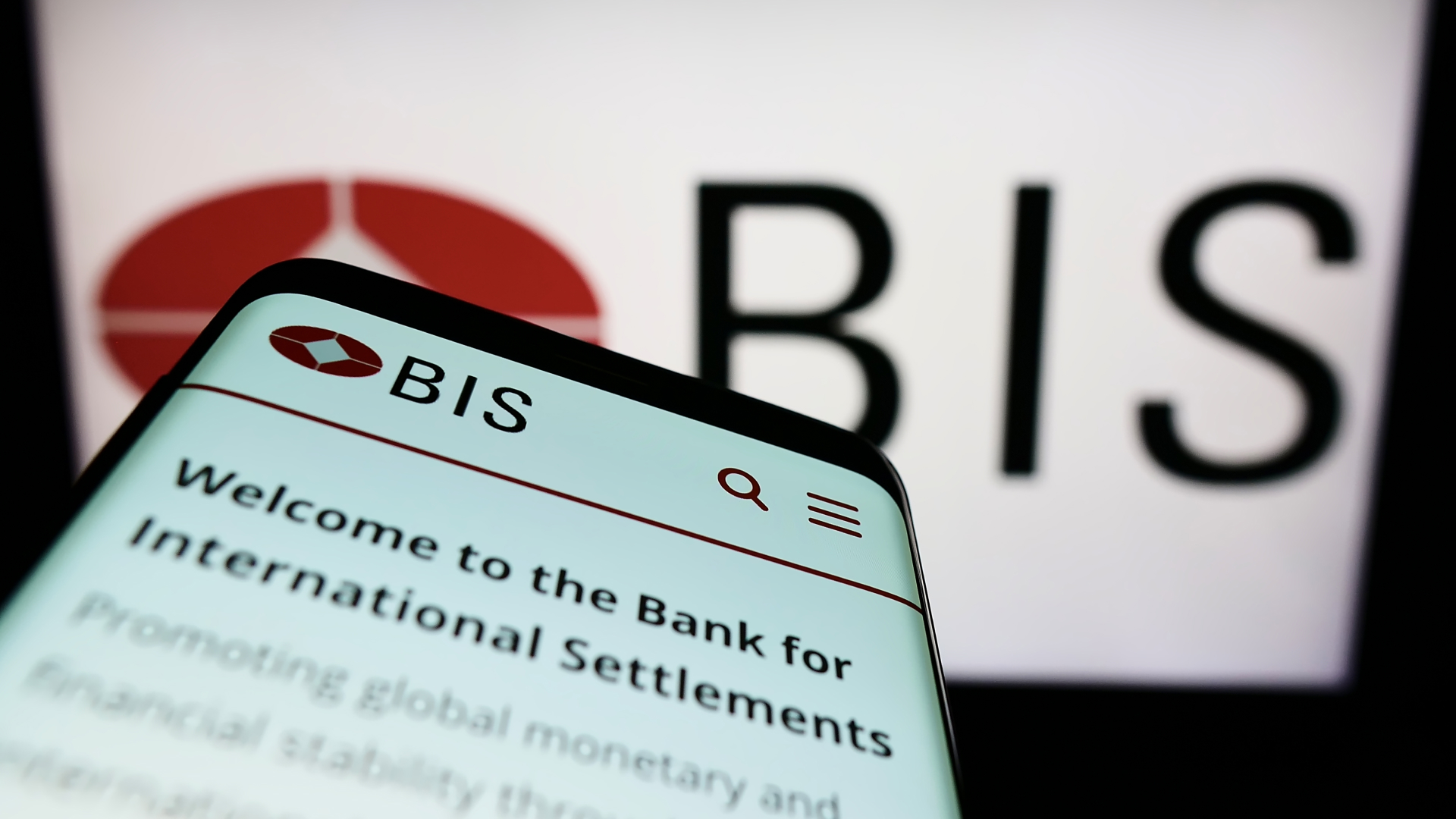Table of Contents
- Tokenization is “The Next Logical Step”
- BIS Identifies Smart Contracts as a Significant Use Case of a Unified Ledger
In a new report, the BIS has expressed its approval for tokenizing assets, releasing a blueprint for a global “unified ledger,” but described crypto as a “flawed system.”
The Bank of International Settlements on Tuesday released a plan for a global “unified ledger” which would support central bank digital currencies (CBDCs) and tokenized assets. The BIS, which is regarded as the central bank of central banks described in a report detailing the future of the monetary system, that tokenization, or converting money and other assets into digital tokens that can be traded on programmable platforms, says it offers a “major leap” in the financial system.
While advocating for a centralized option, the BIS described decentralized cryptocurrencies as a “flawed system.” Moreover, the report said:
Crypto and decentralized finance (DeFi) have offered a glimpse of tokenization’s promise, but crypto is a flawed system that cannot take on the mantle of the future of money.
The BIS also further argued that “crypto has collapsed” and said the successful use of tokenization relies on the trust provided by central banks.
The collapse of crypto and the faltering progress of other tokenization projects underline a key lesson: tokenization’s success rests on the foundation of trust provided by central bank money and its capacity to knit together key elements of the financial system.
Tokenization is “The Next Logical Step”
The bank further asserts that tokenization is “the next logical step” in asset transfer and digital record keeping. It said:
Tokenization could dramatically enhance the capabilities of the monetary and financial system by harnessing new ways for intermediaries to interact in serving end users, removing the traditional separation of messaging, reconciliation and settlement.
BIS Identifies Smart Contracts as a Significant Use Case of a Unified Ledger
In making its case for a unified ledger, the BIS identified its potential use case. The bank identifies smart contracts which could open the door to new types of “arrangements and transactions that “could expand the universe of possible contracting outcomes.”
The report outlines that smart contracts can overcome coordination problems frequently occurring in joint ventures. It states blockchain technology could add to the stability of bank funding and eliminate free-riding.
A smart contract could specify that each participant contributes only a certain amount to a joint venture if all other participants also contribute, this way, free-riding is eliminated.
Disclaimer: This article is provided for informational purposes only. It is not offered or intended to be used as legal, tax, investment, financial, or other advice.
Investment Disclaimer











